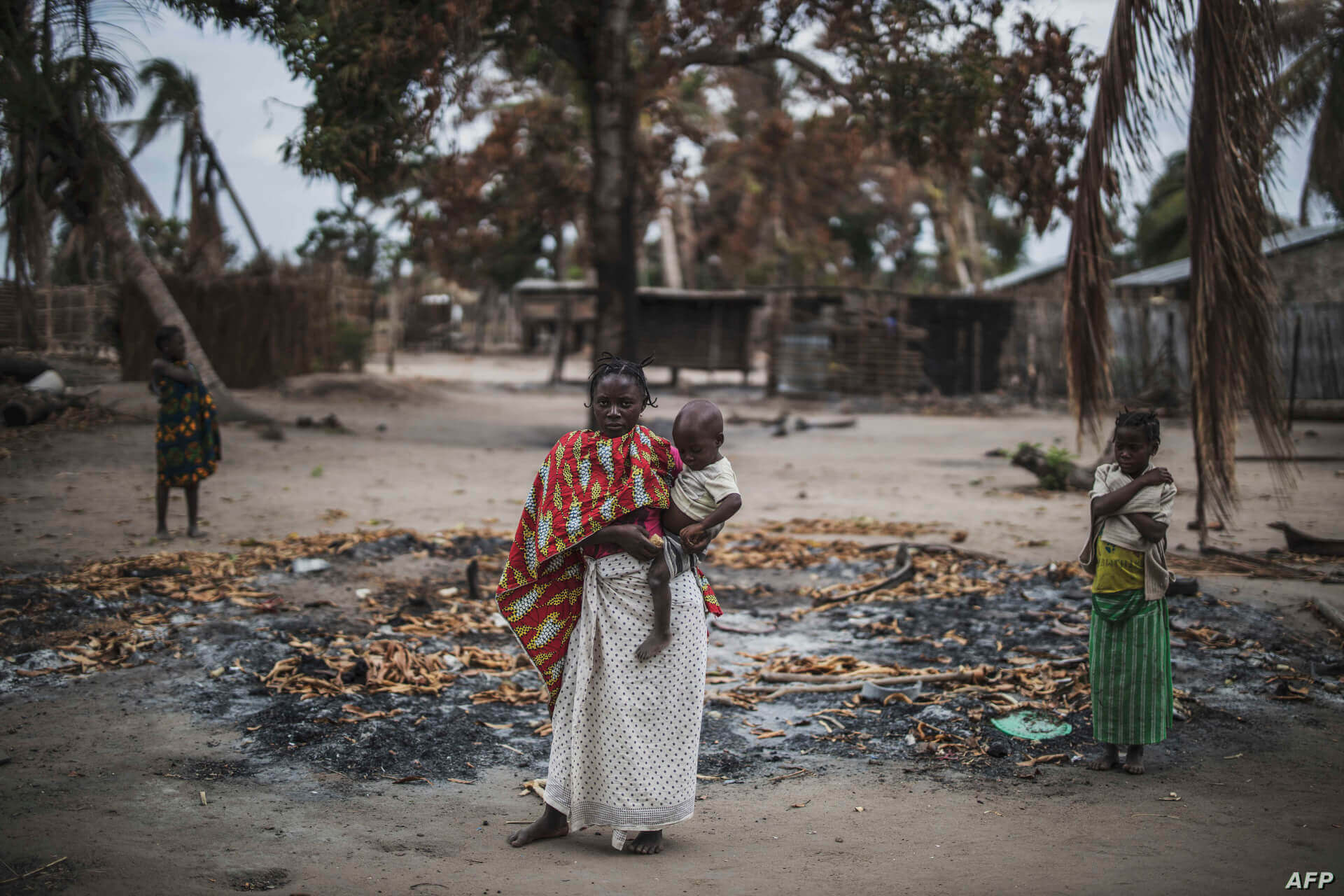Ahead of a meeting between the 16 members of the Southern African Development Community (SADC) in January, the United States’ (US) Ambassador-at-Large and Coordinator for Counterterrorism, Nathan Sales, has warned that the militant insurgency in Mozambique could spread across the region if it is not addressed soon.
Sales, who also acts as the US Special Presidential Envoy to the Global Coalition to Defeat ISIS, said that, in the absence of transnational and regional collaboration, militant Islamist groups would spread their influence and wreak havoc far beyond the borders of the Cabo Delgado province in Mozambique. In fact, he said, “We are already starting to see a bit of spill-over from the violence in Cabo Delgado into neighbouring countries.”
He added, “And so as much as we want to work on a bilateral basis with countries that are affected. It's also important to have multi-stakeholder conversations so that countries that are affected by this violence can coordinate their efforts and make sure that we’re bringing to bear the full suite of our respective capabilities and resources to address the problem set.”
Although he ruled out the possibility of an American military intervention, he said that the US would seek to “provide an integrated suite of capabilities and equipment” and bolster the country’s “law enforcement capabilities to investigate and prosecute terrorist crimes or to respond to terrorist attacks and prevent them from causing even more bloodshed”.
Mozambique has also sought the assistance of regional allies. In April, Zimbabwean President Emmerson Mnangagwa met with his Mozambican counterpart Filipe Nyusi and discussed the situation in the provinces of Cabo Delgado, Manila, and Sofala. In spite of several such meetings, Zimbabwe and the other SADC countries are yet to coordinate a proper counter-insurgency plan.
However, recognising the pressing need for intervention, the SADC has now scheduled a heads of state summit in January following meeting between Mozambican President Nyusi, Zimbabwean President Mnangagwa, South African President Cyril Ramaphosa, Botswanan President Mokgweetsi Masisi, and Tanzanian Deputy President Samia Suluhu.
Following the meeting, Mozambique’s Foreign Affairs and Cooperation Minister, Verónica Macamo, said that the discussion between the leaders “reaffirmed the need of the holding of a SADC in-person extraordinary summit to address the security situation in Mozambique as well as the business forum in March”. However, given that the SADC also held a meeting in November and little has changed since, it is unclear what the latest meeting or the next one in January will do differently.
The SADC is comprised of Angola, Botswana, the Democratic Republic of Congo, Congo Brazzaville, Lesotho, Madagascar, Malawi, Mauritius, Mozambique, Namibia, Seychelles, South Africa, Swaziland, Tanzania, Zambia, and Zimbabwe.
Likewise, former colonial power Portugal, from whom Mozambique attained independence in 1975, has also offered assistance, with Defence Minister João Cravinho saying that Lisbon would “organise logistics and train the local army to fight insurgency”. Cravinho aid that the training will be provided to rapid intervention forces, special forces, marines, and tactical air control personnel with cyber defence, cartography and hydrography. The two countries have shared a defence cooperation deal since 1988.
The oil and gas-rich province of Cabo Delgado has become a battleground for Islamist groups, who have attacked police stations, killed government officials, and stolen weapons from the military. In fact, armed militants recently captured the small harbor town of Mocimboa da Praia, taking over the town’s port and its armory, indicating the extent of their power and influence in the province.
This is particularly concerning, as it may indicate the surrender of crucial resources to terror groups. The town’s port represents a strategic and economic foothold, given that both Total and ExxonMobil have liquefied natural gas projects just a short distance away. This could potentially cut into oil and gas revenue, which is one of the key contributors to poverty reduction in the country.
The terror outfits operating in the region have been linked to both the Islamic State (IS) and Somali terror group al-Shabab, and it is thought that the militants are entering Cabo Delgado via Kenya, Tanzania, and northern Mozambique. Some analysts, however, doubt whether they are truly affiliated with either of the aforementioned terrorist organisations, given that this link has not been established. That being said, in April 2019, the IS announced its Central African Province unit, called the ISCAP, which operates in Mozambique and the Democratic Republic of the Congo.
In a country where over 56% of the population is Christian and just 18% is Muslim, terror groups haves capitalized on anger and frustration from decades of disenfranchisement, marginalization, and unemployment among the minority Muslim community. For instance, following the discovery of oil and gas deposits in Cabo Delgado, the government licensed “the entire district of Montepuez to mining companies, leaving communities without land to grow their food”.
Aside from fostering tensions between different religious groups, the intense conflict has also led to the displacement of over 570,000 people and the deaths of at least 2,300. This has left tens of thousands of people, many of whom were subsistence farmers, entirely dependent on humanitarian aid.
Meanwhile, it has also led to cross-border tensions, as terrorists have crossed over into Tanzania, where they have raided villages, razed homes, and killed dozens. Against this backdrop, it is no surprise that SADC member-states are now taking notice and attempting the resolve this conflict before it reaches their borders.
SADC Schedules January Meeting to Tackle Islamist Insurgency in Mozambique’s Cabo Delgado
Concerned about the conflict in Cabo Delgado spilling over into their own countries, members of the Southern African Development Community have scheduled a meeting to discuss a path forward.
December 17, 2020

SOURCE: AFP
